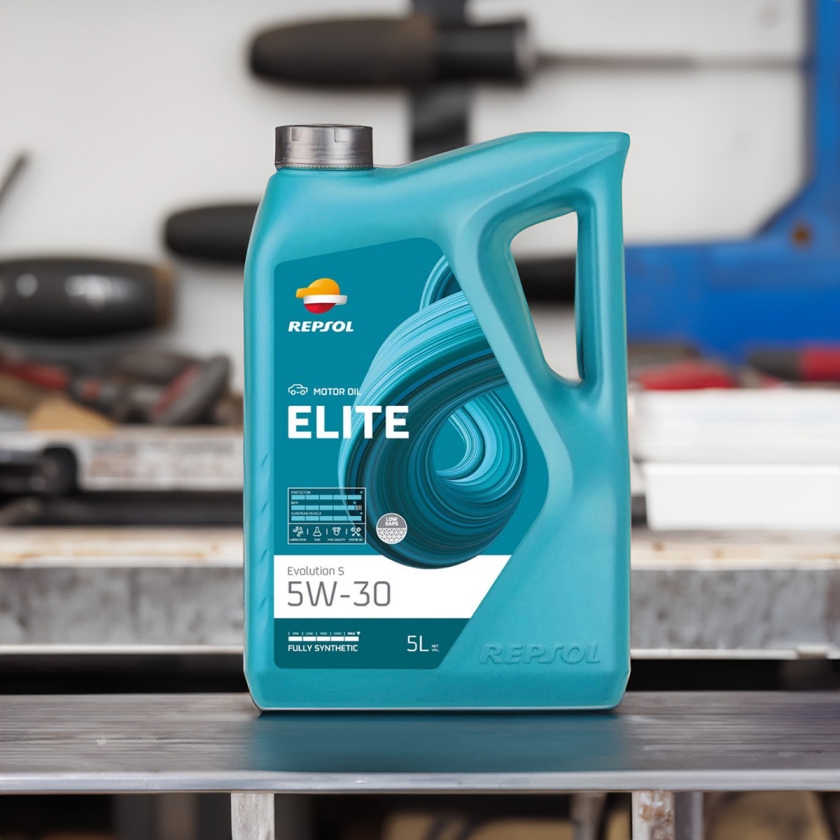Summer has arrived: four tips to keep your car safe

The heat is here, and many drivers are wondering how to protect their car in summer. Last year, Spain's Directorate General for Traffic estimated close to 95 million trips were taken during this period, where a large part of the population will take the opportunity to enjoy a few days’ rest.
We mustn't forget that, when the heat comes, you not only have to take care of yourself, but also your car, which will have to face an additional challenge on these trips. That's why today, we're going to give you four practical tips to keep it safe and make sure nothing goes wrong this summer.
Check your car's engine oil
The car's performance relies largely on the quality and suitability of the engine lubricant. Synthetic motor oils offer better thermal stability and resistance to oxidation, as they maintain their viscosity and provide constant protection at high temperatures.
The other key is maintenance. So before taking a trip, we recommend checking the engine's oil level, which something you can do easily. All you have to do is open the hood, locate the oil tank, take out the dipstick, clean it with a dry cloth, put it back in, and then take it out again. This will give you the oil level. Of course, make sure the car is not on a slope to give you a more accurate measurement. [H2] Check the cooling system
The vehicle's cooling system works in conjunction with the oil to keep the engine at a safe temperature. Make sure it's in good condition by checking the coolant level or for leaks.
Remember, it's essential to keep the radiator clean and in good working order. If it's clogged or dirty, it can cause the engine to overheat, increasing the impact on the oil and reducing its effectiveness.
Check the tire pressure
Checking tire pressure before a trip is simple and can save you headaches down the road.
You can go to a Repsol service station, where there is equipment to measure pressure levels. For the best measurement, the tires have to be cold, so if you have just parked up, we recommended waiting for a few minutes. Then you can inflate them, as necessary.
Once you've done this, remove the tire valve cap and attach the pressure gauge to obtain the reading. Then, compare the result with the recommended pressure, which you can find in the car manual. You'll have to repeat this process for each individual tire (including the spare). Not only will this give you peace of mind, but it will also improve the safety and efficiency of your car's engine.
Regular maintenance and efficient driving
All these tips will be more useful if you carry out a regular maintenance plan on your vehicle, as you'll have all the critical aspects under control. It will also help you to adopt a more efficient driving style. By avoiding sudden acceleration or driving at a constant speed, you'll reduce the stress on the engine and, in turn, any wear and tear of the various parts.
Finally, we recommend you consult the manufacturer's manual before choosing the right lubricant, but make sure you use quality lubricants. It's something that will guarantee your car's optimal performance.
The Repsol Lubricants portal has a search engine that allows you to find the product you need by simply entering the model or license plate. If you have any questions, remember to send them to us through our contact form. See you soon!
Related content



